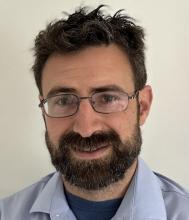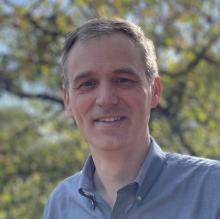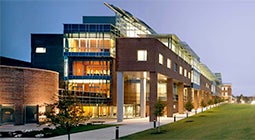
Advanced manufacturing includes our world-famous Heparin Center, our biological 3D printing technology, and our work in next-generation biologic manufacturing and workforce readiness, in partnership with the National Institute for Innovation in Biopharmaceutical Manufacturing and other biopharmaceutical research centers.
Faculty
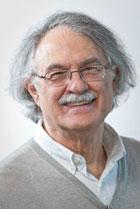
Institute Professor of Chemical and Biological Engineering, Member, National Academy of Engineering
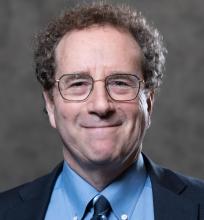
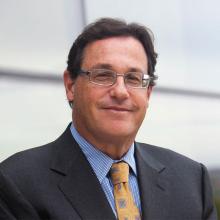
Institute Professor, Chemical and Biological Engineering, Member National Academy of Engineering, Vice President, Office of Strategic Alliances and Translation



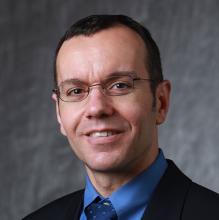
Dorothy and Fred Chau ʼ71 Career Development Constellation Professor in Biocatalysis and Metabolic Engineering

